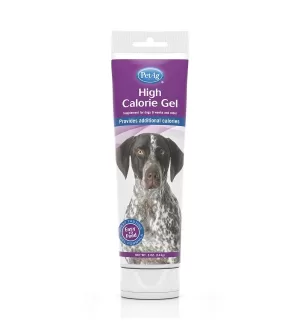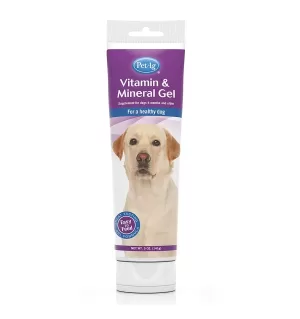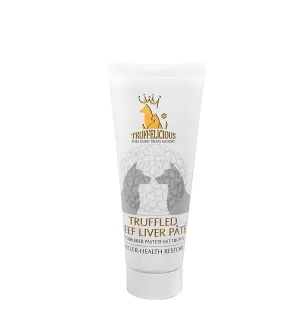Taking care of your furry friend involves more than just providing food and love – it’s also important to ensure they’re getting the right nutrients to stay healthy. Dog vitamins and supplements can play a role in supporting your dog’s well-being, but understanding what they are and when they might be necessary is essential.
In this, we’ll break down the basics of dog vitamins and supplements in an easy-to-understand way.
Why Might Your Dog Need Vitamins and Supplements?
Just like humans, dogs require essential vitamins and minerals for proper growth, development, and maintenance of bodily functions.
Some dogs might have specific dietary needs due to their age, breed, size, or health conditions.
Common Types of Dog Vitamins and Supplements
- Multivitamins: These are like a one-stop-shop for various essential vitamins and minerals to fill potential gaps in your dog’s diet.
- Omega-3 Fatty Acids: Support healthy skin, coat, and joint health. They are usually derived from fish oil.
- Glucosamine and Chondroitin: These support joint health and might be recommended for older dogs or those with joint issues.
- Probiotics: Help maintain a healthy gut and digestion.
- Vitamin E: An antioxidant that promotes healthy skin and a strong immune system.
Consult Your Veterinarian
Before introducing any new supplement to your dog’s diet, consult your veterinarian.
They can guide you on the appropriate dosage and whether a supplement is actually necessary for your dog’s specific needs.
Choosing Quality Products
Opt for supplements from reputable brands that provide clear ingredient lists.
Look for products that have been tested for safety and quality by independent organizations.
Potential Risks and Misconceptions
Over-supplementing can lead to health issues. Giving your dog excessive amounts of certain vitamins can be harmful.
Supplements should not replace a balanced diet. They are meant to complement your dog’s regular food.
Reading Labels
Pay attention to the recommended dosage based on your dog’s size.
Understand the purpose of the supplement and how it aligns with your dog’s needs.
Observing Your Dog’s Response
Once you start giving a supplement, observe any changes in your dog’s behavior, energy levels, coat quality, etc.
Positive changes might indicate that the supplement is benefiting your dog.
Natural Sources of Nutrients
Whenever possible, try to provide essential nutrients through your dog’s diet rather than relying solely on supplements.
High-quality dog food often contains the necessary vitamins and minerals.
Overall
While dog vitamins and supplements can be beneficial in certain cases, they should be approached with care and used under the guidance of a veterinarian.
Remember that your dog’s overall health is a combination of a balanced diet, regular exercise, proper veterinary care, and a whole lot of love!










